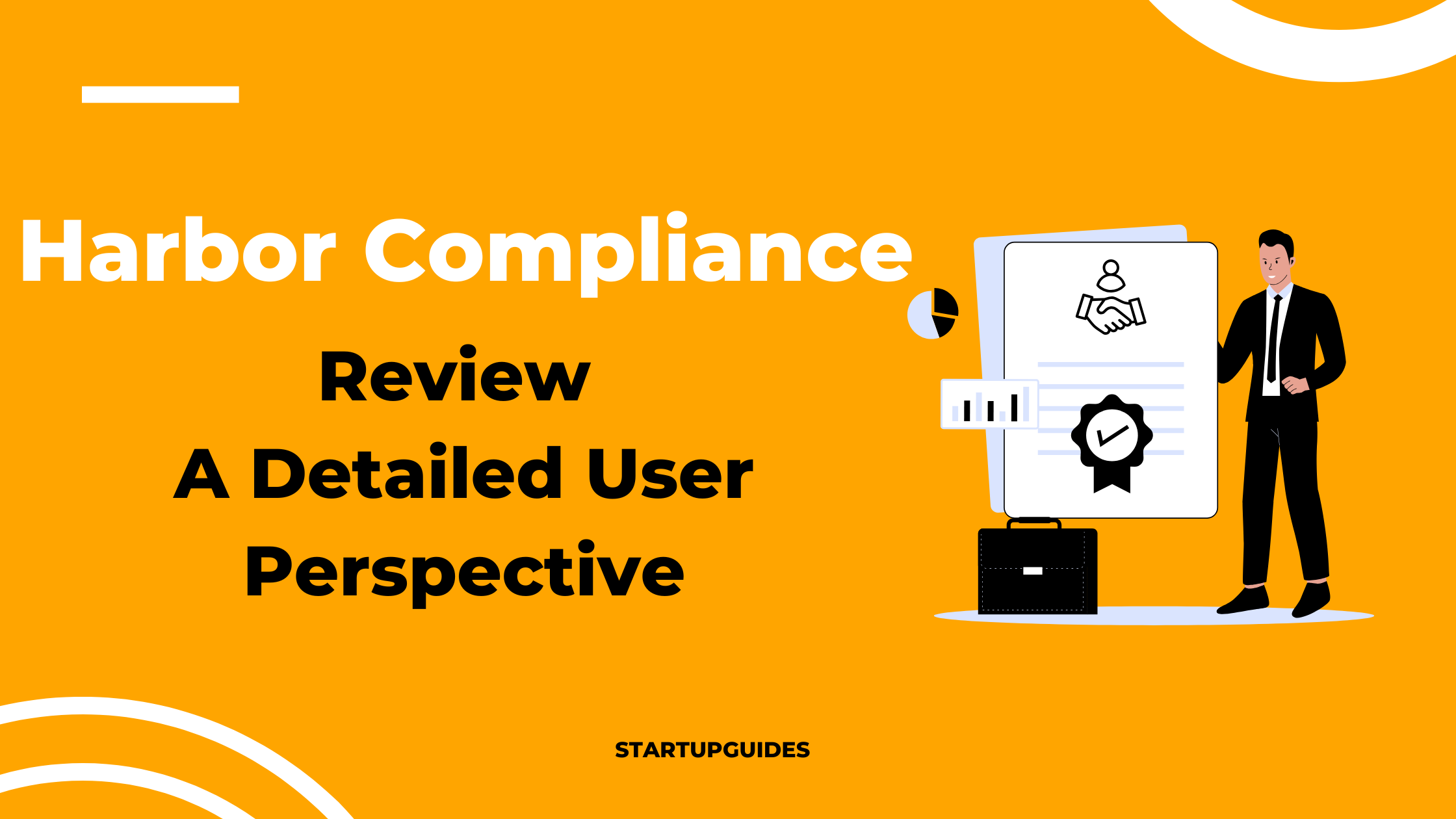If you’re considering starting a business in Arizona with a friend, family member, or colleague, a General Partnership (GP) might be the ideal business structure for you. It’s straightforward, relatively low-cost, and offers flexibility. In a general partnership, two or more individuals come together to operate a business with the goal of making a profit. However, as simple as it sounds, there are several crucial steps to follow to ensure your partnership is legally compliant, successful, and sustainable.
In this comprehensive guide, we will walk you through each step of creating a general partnership in Arizona. From choosing a business name to managing taxes, we will cover everything you need to know.
What is a General Partnership in Arizona?
A general partnership in Arizona is a type of business entity formed when two or more people agree to run a business together. The key features of a general partnership include:
- Shared Management: In a general partnership, all partners are involved in managing the business. Each partner shares equal control and responsibility unless otherwise agreed upon.
- Profit and Loss Sharing: Profits and losses are typically shared equally between the partners, though this can also be modified in the partnership agreement.
- Personal Liability: One of the most significant characteristics of a general partnership is that all partners are personally liable for the debts and obligations of the business. This means that if the business incurs any debts or is sued, each partner’s personal assets could be at risk.
- Pass-Through Taxation: Unlike corporations, which are taxed as separate entities, a general partnership benefits from “pass-through” taxation. This means that the partnership itself does not pay taxes. Instead, the profits or losses are passed on to the individual partners, who report them on their personal tax returns.
Despite its simplicity, a general partnership in Arizona requires careful planning and a solid understanding of your obligations as a business owner. Now that you know what a general partnership is, let’s dive into the process of creating one in Arizona.
How to Create a General Partnership in Arizona
Forming a general partnership in Arizona is a relatively simple process compared to other business structures, like corporations or limited liability companies (LLCs). There’s no requirement to formally register your partnership with the Arizona Secretary of State unless you choose to file a trade name (also called a Doing Business As, or DBA). However, there are several essential steps you need to follow to make sure your partnership is legitimate and operates smoothly.
Step 1: Choose a Business Name in Arizona
Choosing a business name is one of the first and most important steps in forming a general partnership in Arizona. Your business name will be the face of your company and will help establish your brand. Here are some tips for choosing the right name:
- Uniqueness: Ensure that your business name is not already taken by another entity in Arizona. You can check for name availability through the Arizona Corporation Commission’s online database.
- Reflecting Your Business: The name should reflect your business’s mission, services, or values. Keep it simple and memorable.
- DBA Registration: While you’re not required to register your general partnership with the state, if you plan to use a name different from your own personal names (or the names of your partners), you will need to file a “Doing Business As” (DBA) name with the county where your business will operate. This step is necessary if you plan to advertise under a business name rather than using your personal names.
It’s advisable to double-check whether your chosen name is also available as a domain name for your website and on social media platforms. This can help streamline your branding and online presence.
Step 2: Draft a Partnership Agreement
Although Arizona doesn’t require a written partnership agreement by law, having one is highly recommended. A partnership agreement is a legal document that outlines the specific terms of your partnership. This agreement helps prevent misunderstandings and disputes between partners down the road. It also provides clarity on how business operations will be run and how profits and losses will be shared.
Your partnership agreement should include:
- Roles and Responsibilities: Clearly define each partner’s duties within the business. For example, one partner may handle marketing, while the other handles operations.
- Profit and Loss Distribution: Decide how profits and losses will be divided among the partners. This is usually done equally unless otherwise stated.
- Decision-Making Process: Outline how decisions will be made in the business. Will decisions require unanimous approval, or can they be made by a majority vote?
- Dispute Resolution: Address how conflicts between partners will be resolved. This could include mediation or arbitration procedures.
- Dissolution of the Partnership: In the event that the partnership needs to end, your agreement should explain how assets will be divided and what will happen to outstanding debts.
While this step might seem unnecessary to some, having a clear partnership agreement in place can save time and stress if disagreements arise or the partnership needs to be dissolved.
Step 3: Obtain an Employer Identification Number (EIN)
An Employer Identification Number (EIN) is a unique number assigned by the IRS to identify your business for tax purposes. You’ll need an EIN for:
- Opening a business bank account
- Hiring employees (if applicable)
- Filing taxes
- Applying for business licenses and permits
To apply for an EIN, visit the IRS website and complete the online application. The process is simple and free. You will receive your EIN immediately upon submission.
Even if you don’t plan on hiring employees, it’s still a good idea to obtain an EIN for your partnership. It helps you keep your business and personal finances separate and adds a layer of professionalism to your operations.
Step 4: Apply for Licenses and Permits for Your General Partnership in Arizona
Operating a business in Arizona requires specific licenses and permits, depending on the nature of your business. These may include:
- Transaction Privilege Tax (TPT) License: This is Arizona’s version of a sales tax license. If your partnership will be selling goods or providing certain taxable services, you must apply for a TPT license with the Arizona Department of Revenue (ADOR).
- Professional Licenses: Some industries, such as healthcare, law, accounting, and real estate, require professional licenses. If your business falls into one of these categories, you’ll need to apply for the appropriate license through the relevant Arizona regulatory board.
- Local Business Licenses: Some cities and counties in Arizona require businesses to obtain a local business license. Check with your city or county government to determine if this applies to your partnership.
Make sure to stay up-to-date with the renewal dates for your licenses. Failing to maintain the proper licenses and permits can lead to fines and disruptions in your business operations.
Step 5: Obtain an Arizona Tax ID Number
In addition to federal taxes, your partnership may be subject to state taxes in Arizona. If your partnership will have employees or sell taxable goods, you’ll need to register with the Arizona Department of Revenue to obtain a state Tax ID number. The tax ID number is required for:
- Filing Arizona state taxes
- Withholding employee income taxes
- Paying state unemployment taxes (if applicable)
To apply for your Arizona Tax ID number, visit the Arizona Department of Revenue website and complete the necessary registration forms. Be sure to understand the specific tax obligations for your business type, as Arizona imposes different taxes depending on the industry.
Step 6: Open a Business Bank Account
Once your partnership is legally formed, you’ll need to separate your business finances from your personal finances. Opening a business bank account is essential for managing your partnership’s finances and maintaining clear financial records.
To open a business account, you’ll typically need the following documents:
- A copy of your partnership agreement
- Your EIN (Employer Identification Number)
- Your DBA registration (if applicable)
- Personal identification for all partners
Having a separate business account will make bookkeeping easier, help with tax filing, and provide a professional appearance to clients and customers.
Example of a General Partnership in Arizona
Let’s say two friends, Sophie and Maria, decide to start a catering business together in Tucson, Arizona. They choose the name “Sophie & Maria’s Catering” and draft a partnership agreement detailing their roles, profit-sharing, and responsibilities. Sophie will focus on cooking, while Maria will handle marketing and event planning.
They apply for an EIN online and obtain a Transaction Privilege Tax (TPT) license from the Arizona Department of Revenue. They also register their business with the county to get their DBA name.
After opening a business bank account, they’re ready to start offering their services to local clients.
Important Information
Maintaining Business Licenses in Arizona
It’s essential to stay on top of your business’s licensing and permit requirements. Arizona’s laws often require businesses to renew certain licenses annually. If your partnership fails to renew its licenses, you could face fines or even the suspension of your business operations. Set reminders to ensure you renew licenses and permits on time.
Paying Your Taxes in Arizona
In Arizona, a general partnership is treated as a pass-through entity for tax purposes. This means the partnership itself does not pay income taxes. Instead, each partner reports their share of the business’s income or losses on their personal income tax returns. Be sure to keep accurate records of the partnership’s income, expenses, and profits to make tax filing easier.
If your business has employees, you’ll also need to withhold and remit state and federal income taxes. You may also be responsible for paying state unemployment taxes.
Advantages of a General Partnership in Arizona
There are several benefits to forming a general partnership in Arizona:
- Simplicity and Low Cost: Compared to other business structures like corporations or LLCs, general partnerships are easy and inexpensive to set up.
- Flexibility: General partnerships offer more flexibility in terms of management and profit-sharing. Partners have the freedom to structure the business according to their preferences.
- Pass-Through Taxation: General partnerships avoid the double taxation that corporations face. Income is only taxed at the individual partner level, making tax filings simpler and less costly.
- Direct Control: Partners have direct control over the business’s operations, allowing them to make quick decisions.
FAQs
Do I need to register my general partnership with the state of Arizona?
No, you do not need to register with the state. However, you may need to register a DBA name if you’re using a name other than your personal names.
Is a partnership agreement legally required in Arizona?
No, but it’s highly recommended to avoid disputes and to clearly outline the roles and responsibilities of each partner.
Can a general partnership in Arizona have more than two partners?
Yes, a general partnership can have more than two partners. Arizona law doesn’t limit the number of partners.
Are partners in a general partnership personally liable for business debts?
Yes, partners have unlimited personal liability for the debts and obligations of the business.
Do I need an EIN if my partnership doesn’t have employees?
Yes, it’s a good idea to obtain an EIN to separate your business and personal finances.





